Hormone replacement therapy (HRT) can be a powerful tool for women experiencing the roller coaster ride of menopause and perimenopause. But with so many factors to consider, how do you know if HRT is right for you? Determining your individual need for HRT involves a collaborative journey between you and your healthcare provider. Let’s delve into the diagnostic process and explore the unique factors influencing your HRT decision.
Unpacking the Diagnostic Toolbox:
The first step towards navigating your HRT journey is a thorough assessment. Your healthcare provider will likely conduct:
- A detailed medical history: This includes your past and present health conditions, family history of breast cancer or blood clots, and current medications.
- Physical examination: This may involve a breast exam and checking for vaginal dryness or other physical changes.
- Blood tests: Measuring estrogen, follicle-stimulating hormone (FSH), and luteinizing hormone (LH) levels helps assess your hormonal status.
Exploring Your Individual Landscape:
Beyond the diagnostic tools, your personal circumstances play a crucial role in deciding if HRT is the right fit. Here are some key factors to consider:
- Age: While HRT can benefit women at any stage of menopause or perimenopause, your age may influence the risks and benefits. Younger women with severe symptoms may find HRT more helpful, while older women might be more cautious due to potential risks.
- Medical conditions: Existing conditions like diabetes, heart disease, or breast cancer can impact your HRT suitability. Your healthcare provider will carefully assess potential interactions and risks.
- Lifestyle habits: Smoking, excessive alcohol intake, and lack of exercise can exacerbate menopausal symptoms and increase HRT risks. Optimizing your lifestyle can often alleviate symptoms and potentially reduce the need for HRT.
- Family history: A family history of breast cancer or blood clots can raise your risk of side effects with HRT. Open communication with your provider about your family medical history is crucial.
- Symptom severity and impact: How much are your symptoms impacting your daily life and well-being? Consider the frequency and intensity of hot flashes, sleep disturbances, mood swings, and other concerns.
Shared Decision-Making: Paving the Path Together:
The decision to pursue HRT should be a collaborative effort between you and your healthcare provider. They will provide you with evidence-based information, explain potential risks and benefits in the context of your individual situation, and answer any questions you may have.
Ultimately, the decision rests with you, empowered by knowledge and open communication. Don’t hesitate to voice your concerns, ask for clarification, and express your desired level of involvement in the decision-making process.
Beyond the Appointment: Resources for Your Journey:
This is just the beginning of your HRT journey. To further empower your decision-making and navigate this stage with confidence, here are some valuable resources:
- The North American Menopause Society (NAMS): https://www.menopause.org/for-women – NAMS provides comprehensive information, patient education materials, and resources for finding a menopause specialist.
- The American College of Obstetricians and Gynecologists (ACOG): https://www.midwife.org/American-Congress-of-Obstetricians-and-Gynecologists – ACOG offers evidence-based information on HRT types, risks, and benefits, along with decision-making tools.
- Support groups: Connecting with other women going through similar experiences can be a source of invaluable support and shared wisdom. Look for local support groups or online communities.
Remember, there’s no one-size-fits-all approach to HRT. By understanding the diagnostic process, exploring your individual needs, and embracing shared decision-making, you can confidently navigate this chapter and find the path that best supports your well-being throughout your menopausal journey.
Sources:
- North American Menopause Society (NAMS)
- American College of Obstetricians and Gynecologists (ACOG)
- National Institutes of Health (NIH)
- Mayo Clinic
- WebMD
- MedlinePlus


